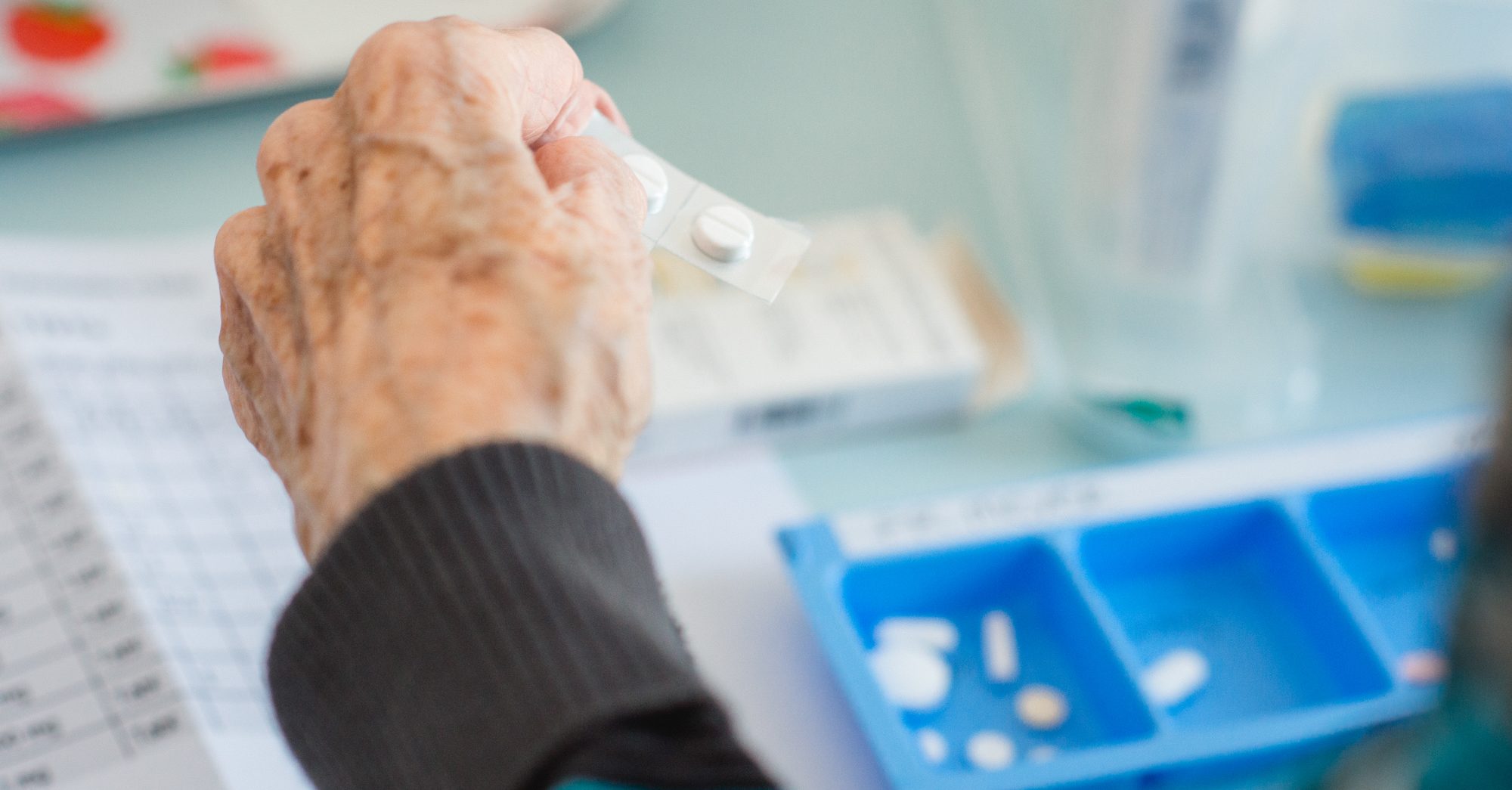Glasgow, Scotland/Leiden, The Netherlands/Bern, Switzerland/Cork, Ireland/Copenhagen, Denmark, 3 April 2017 – A mildly underactive thyroid gland (subclinical hypothyroidism) is a common condition in older age, affecting up to one-in-ten older men and women. According to current guidelines, nine of every ten women with the condition receive thyroid hormone tablets, typically levothyroxine, which has become the most prescribed drug in the USA and the third most prescribed drug in the UK. A large 5-year European study now shows that the common treatment of this condition with levothyroxine provides no apparent benefits, calling for a re-evaluation of the guidelines. The main results of the study were launched today with a publication in The New England Journal of Medicine along with simultaneous presentation at the Endocrine Society meeting (ENDO 2017) in Orlando, USA.
European 5-year study of 737 older adults
A team of researchers from various European Universities, including Leyden Academy on Vitality and Ageing, initiated the study following 737 older adults (average age 74 years) to determine if levothyroxine provides clinical benefits for older people with subclinical hypothyroidism. This condition has been linked to various health problems in later life, such as tiredness or lethargy, problems with the blood circulation, muscle weakness, slowed speed of thinking, and increasing blood pressure and weight, but it is also argued that the condition causes little harm. Half of the older adults in the trial were allocated to a placebo and half to levothyroxine, and participants were followed up for at least a year. The 5-year study found that treatment with levothyroxine tablets did effectively restore a normal balance of thyroid function, but did not give any symptomatic benefits. There was also no improvement of muscle strength, speed of thinking or any effect on body weight or blood pressure. Specific advices for the oldest old (over 80 years old) will be available next year, when TRUST results will be combined with an ongoing trial among over 80s.
No worthwhile benefits from levothyroxine treatment
Based on these findings, the team concluded that there is now convincing evidence that older people with a mildly underactive thyroid do not get worthwhile benefits from levothyroxine treatment. Professor David Stott from the University of Glasgow, who led the international study, explains: “Our aim is to significantly improve the health and well-being of older people with subclinical hypothyroidism, by resolving uncertainties about how best to manage this condition. Treatment with levothyroxine is common in clinical practice, but controversial. Our study concludes this treatment provides no apparent benefits for older adults and should therefore no longer be started routinely for this condition. An update of the guidelines is necessary.”
About the TRUST research project
Thyroid Hormone Replacement for Subclinical Hypo-Thyroidism Trial (TRUST) is a European research project of experts in ageing, thyroid problems and vascular disease, investigating current treatment practices for people who suffer from a mildly underactive thyroid gland. Professor David Stott from Scotland leads the study, along with collaborators from the Netherlands (lead Professor Jacobijn Gussekloo), Switzerland (Professor Nicolas Rodondi), Ireland (Professor Patricia Kearney) and Denmark (Professor Rudi Westendorp, previously Leyden Academy on Vitality and Ageing). The data handling was performed at the Robertson Centre for Biostatistics at the University of Glasgow (lead Professor Ian Ford). The study was funded by the European Union and medicines were provided free of charge by Merck KGaA. For more information, please visit the TRUST website.
The article Thyroid Hormone Therapy for Older Adults with Subclinical Hypothyroidism by David Stott, Jacobijn Gussekloo, Nicolas Rodondi, Patricia Kearney, Rudi Westendorp et al. was published by The New England Journal of Medicine on 3 April 2017.



